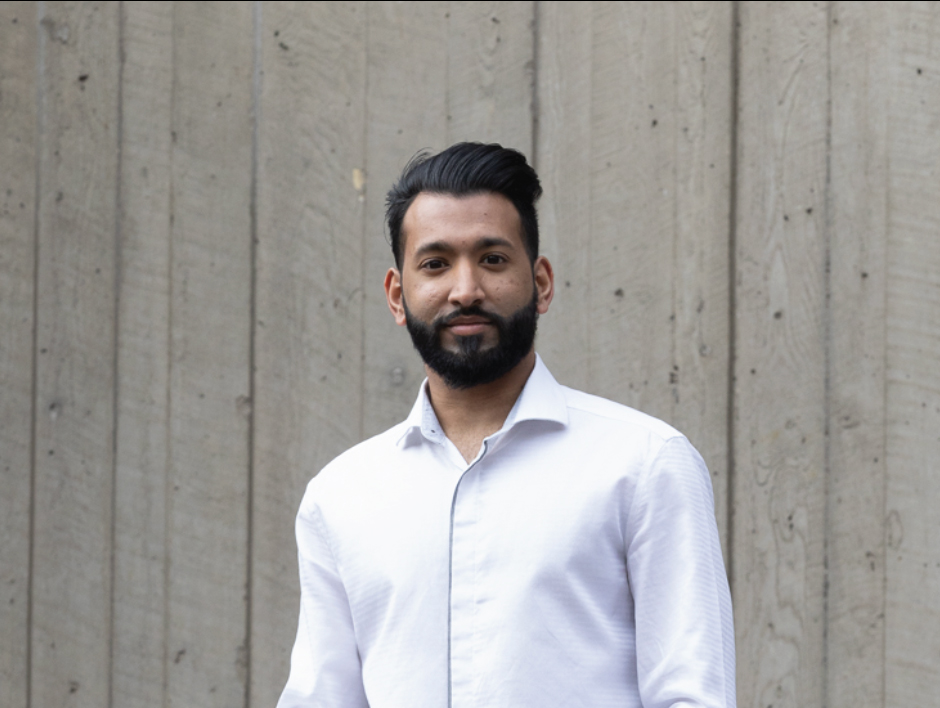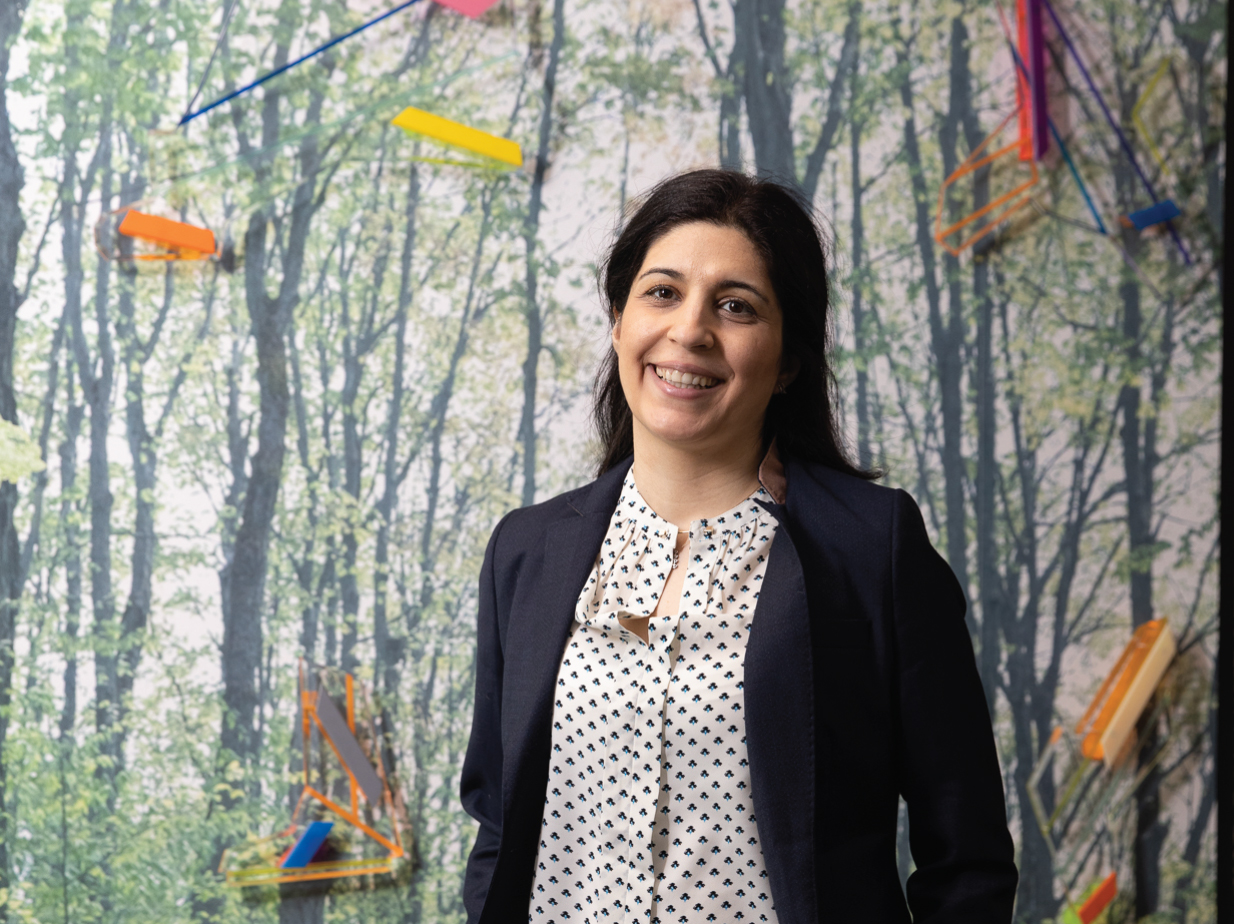In virtual competition, students envision a sustainable COVID-19 recovery
Around the world, COVID-19 has exacerbated pre-existing social, environmental and economic issues facing cities. But it’s also provided an opportunity for engineers and entrepreneurs to develop solutions to help build more resilient and inclusive cities.
Throughout the pandemic, the Faculty of Engineering and Architectural Science (FEAS) has focused on ensuring overall student success and connecting students to new online co-curricular opportunities. This August, FEAS sponsored 40 students to participate in How to Change the World (HTCTW) Recovery Canada, a virtual program where 200 students and recent grads from across the globe tackled real-world problems related to post-coronavirus recovery. HTCTW, which approached FEAS to participate in the program, was also a way for students to connect with leading corporate, government and NGO partners during a time when career and networking opportunities have been affected by COVID-19.
The student teams were tasked with developing solutions for local and international social justice and sustainability issues, such as improving energy access in the Northwest Territories and increasing sustainability in Markham, Ontario. Working in small teams with students from other universities and disciplines, the FEAS engineering students honed their analytical thinking, teamwork and communication skills throughout the event.

Ronald Noronha, a Master of Engineering Innovation and Entrepreneurship (MEIE) student.
Ronald Noronha, a Master of Engineering Innovation and Entrepreneurship (MEIE) student, was a part of a team focused on enhancing sustainability in Markham through improving social cohesion in immigrant communities and identifying ways to support small businesses upended by the pandemic.
“It was great how a diverse team of intelligent people from different backgrounds who share a passion for helping grow community values can achieve so much in so little time,” says Noronha.
Noronha credits his experience with iBoost, a tech startup incubator of the Centre for Engineering Innovation and Entrepreneurship, and the DMZ Basecamp program as helping him quickly analyze and prototype solutions, which came in handy during HTCTW. His team won Most Creative for their solution, with the expert panel lauding their approach of viewing sustainability through a social lens.

Hala Al-Almine, a Master of Engineering Innovation and Entrepreneurship (MEIE) student.
Another MEIE student, Hala Al-Almine, also won the award for Most Creative solution for her contributions during HTCTW. Al-Amine helped design an idea to improve the energy system of Inuvik, Northwest Territories. Due to its lack of local infrastructure supporting renewable, self-sufficient resources, Inuvik relies on diesel and liquid natural gas shipments from southern Canada. Her team’s proposed solution involved building a micro-scaled solar power system by installing electric vehicle batteries to each household and connecting to a larger smart grid.
As communities around the world continue to focus on COVID-19 recovery, the program allowed FEAS students to envision social and economic renewal solutions rooted in sustainability and resilience.
“The program showed us how if anyone puts their mind towards working on one thing they are passionate about, they can achieve anything in a short period of time,” says Noronha.

FEAS students who were members of winning teams at HTCTW:
- Nick Rakkar, computer engineering
- Ishkreet Merwaha, civil engineering
- Jeffrey Lee, aerospace engineering
- Rakib Uddin Ahmed, MEIE
- Daniel Mahidashti, biomedical engineering